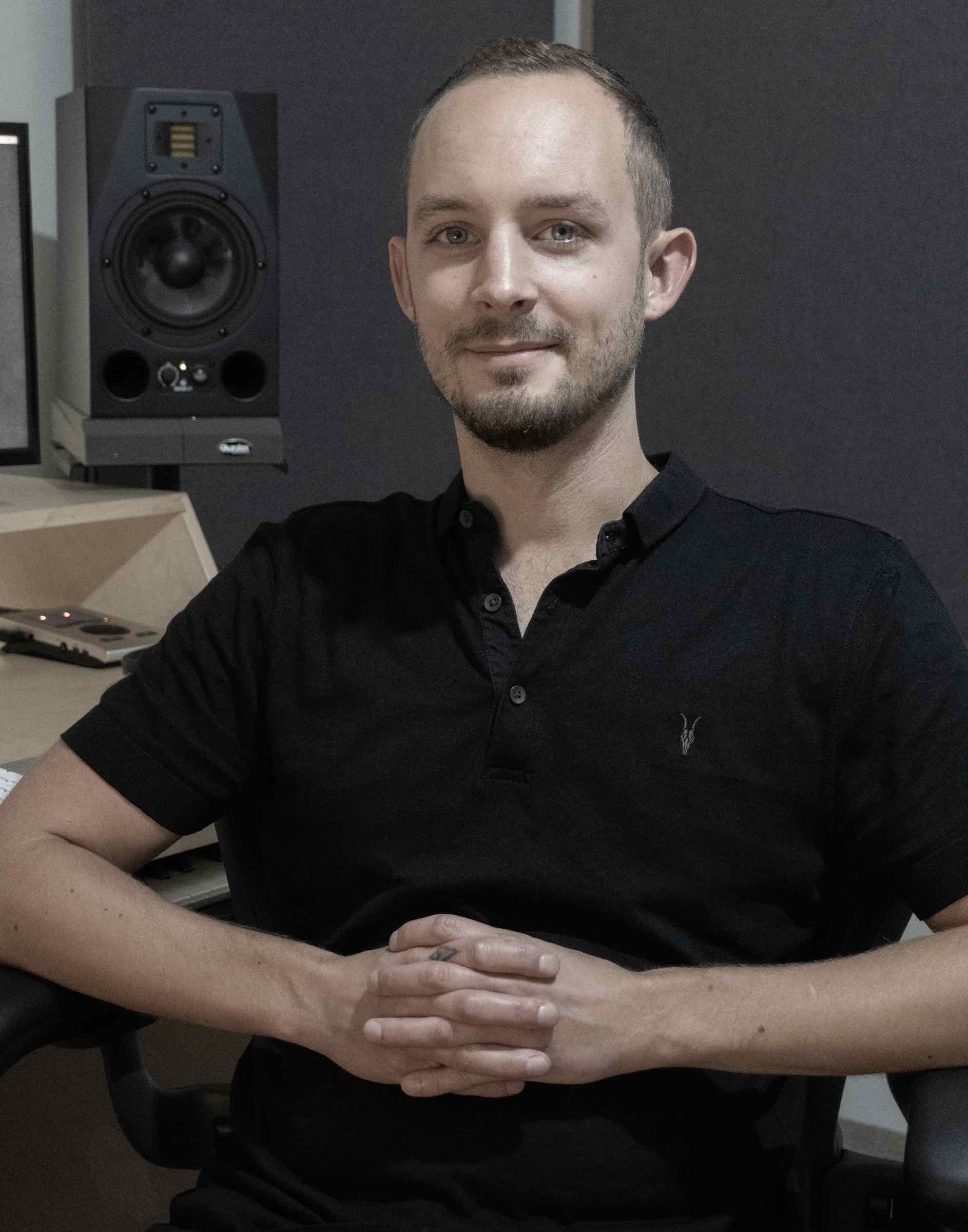
Here’s why technology isn’t the great equalizer in production music
Here’s why technology isn’t the great equalizer in production music: creative passion, production skill, versatility, and focus are still the real deal.
Written by Sam Wale
New technologies. Greater access. Historic affordability. Over the past 10 years, this triple threat has transformed the production music industry, leveling the playing field to open up the film and television industry to more independent composers.
Now pretty much every independent composer has access to powerful computers, huge network capabilities, superfast internet, digital audio workstations (DAWs) and highly sophisticated and competitively priced software.
From virtual synthesizers to multi-sampled orchestral libraries, these tools allow even the most elementary of users to achieve feats once limited to large-scale productions. Digitally sequenced orchestral arrangements, for example, can be almost indistinguishable from live recordings when programmed skillfully with high-quality samples.
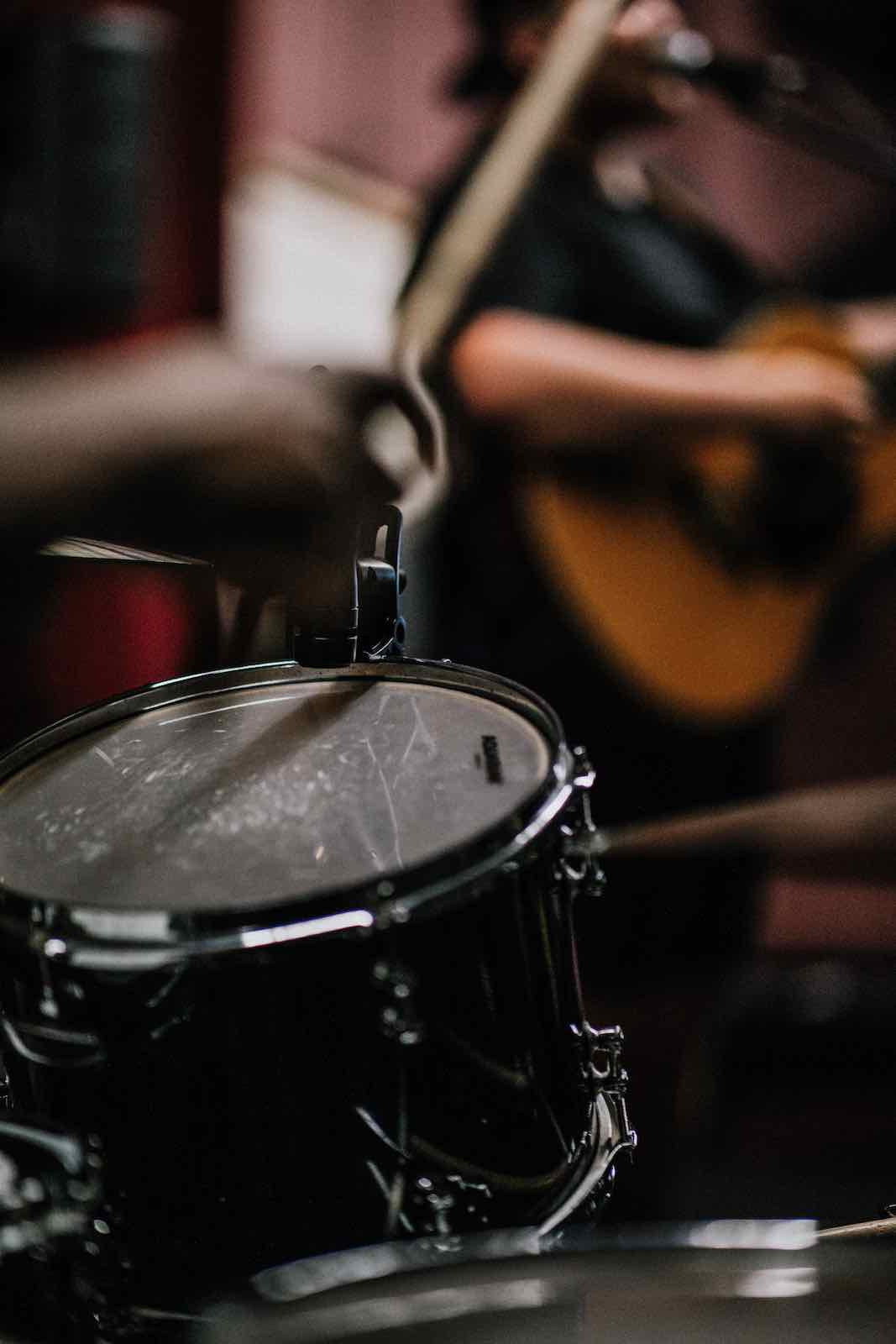
Today, composers can also produce faster, cheaply and experiment more, blending different genres in a way that wasn’t previously possible. Within a few hours, a composer could create a hip-hop track, fuse it with orchestral music and add guitars.
With access to tools once limited to the recording industry’s biggest commercial artists, there is a new quality and rich diversity possible with production music, which had always been labeled the “cheaper option,” and the bar has risen exponentially. Those seeking tracks for film, television and consumer brands expect and command a higher-level product than ever before.
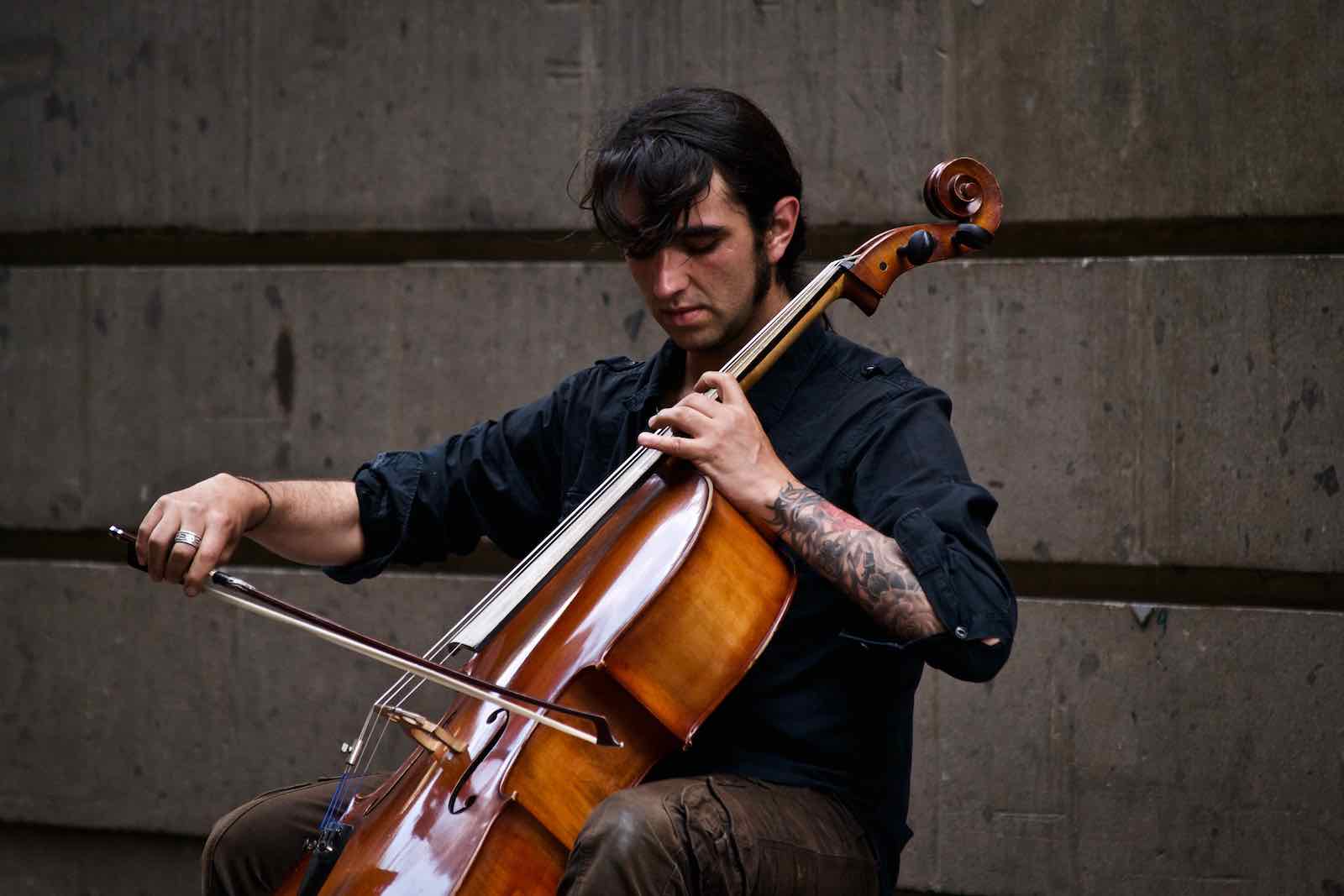
Yet, despite the massive influx of music content being produced for this industry, the increasing technology, access and affordability hasn’t exactly resulted in a commensurate rise in top-quality work.
Out of every 1,000 demo submissions we receive from composers, we may accept one or two. Better tools aside, the best production music composers remain a rather small echelon, their tracks able to stand out from the masses.
You can have “all the gear and no idea,” as we say in the UK. In other words, it’s not enough to have the tools. I could buy the best camera in the world but wouldn’t immediately be an elite photographer. Composition is an art form… a skill that is both intuitive and learned in many ways.
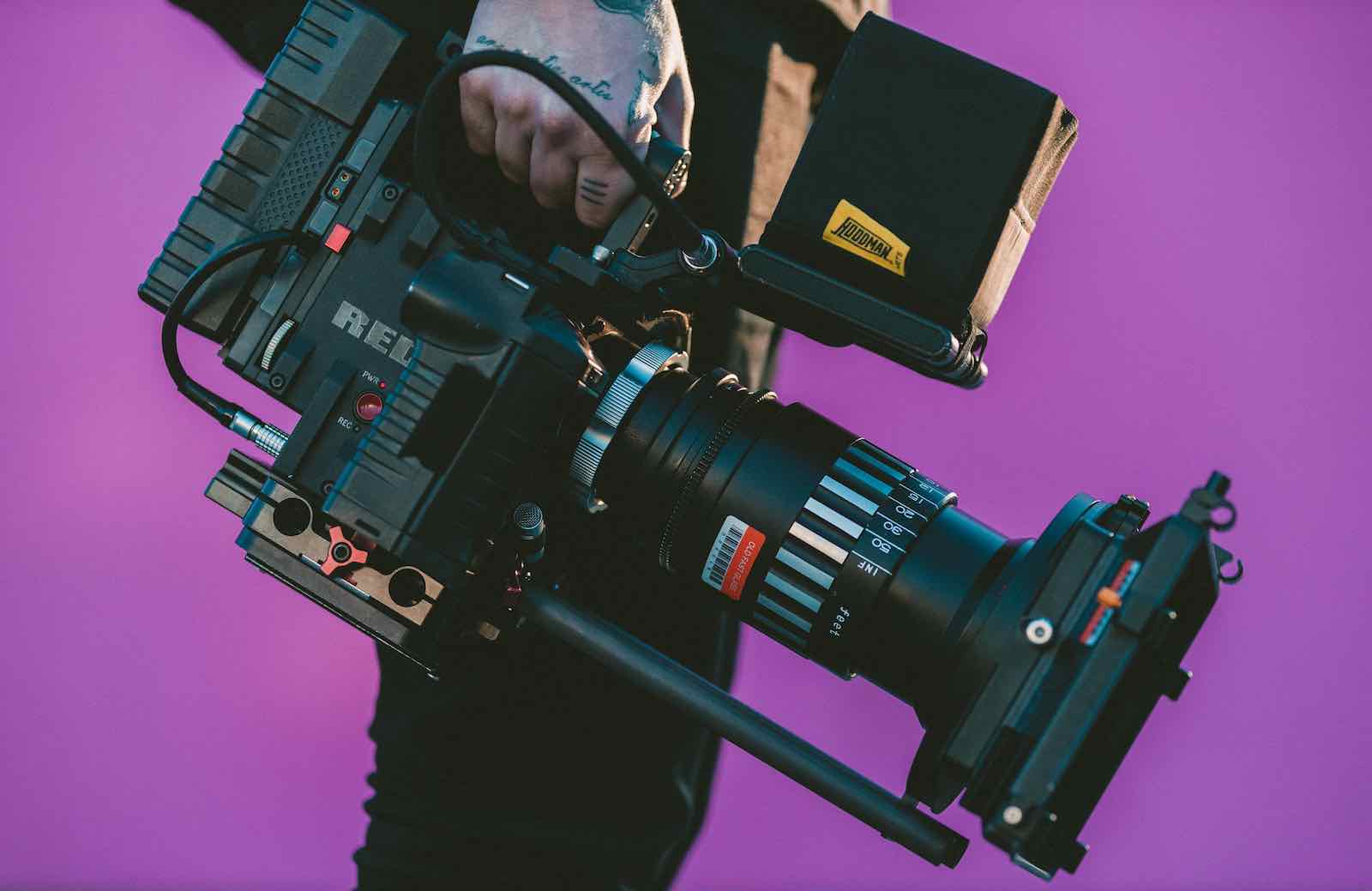
So what makes an exceptional composer today? Here are the key traits embodied by the best working film and TV composers today:
- Creative Passion: The best tools in the world are wasted without imagination and the drive that brings those ideas to reality. Fueled by an innate love of the craft, this is that spark from within that takes on its own life, truly igniting a composer’s music tracks into art. It may be untaught, but it is nurtured by training.
- Production Skill: With the technology available to us and expectation of clients, the top composers out there are as equally adept at producing as they are composing… two unique skill sets that aren’t always an inherent combo. Not only are they able to come up with the idea, but they are able to execute it as well. This means recording and mixing their tracks to a high production standard and structuring them in the particular way we deliver to clients, often in a very short time frame.
- Versatility: Passion and skill are huge, but the best in our business also have a special kind of flexibility that allows them to adapt quickly to feedback and – equally important – let go of their egos when it comes to stylistic changes. This is the ultimate balance between composing with heart and soul and not being too intent on retaining certain original ideas or creative identity. It’s about being versatile… able to adapt to the often-changing needs and tastes of a project and making that version exceptional.
- Focus: This may seem the flipside of versatility, but we encourage you to be versatile without trying to do absolutely everything. Exceptional composers find the two or three genres they enjoy most and really hone their craft in these areas, applying a level of focus and dedication that makes them experts. When people enjoy what they do, they tend to do it better. They also know where their strengths lie and see that as an asset instead of a limitation.

To say that access to new and affordable technologies has leveled the playing field in production music composition is one thing; to call it the great equalizer is quite another.
Yes, we are now able to push the limits of what’s possible in music production, which is truly exciting, but technology hasn’t turned everyone into masters. The top composers in our business still have that secret (OK, maybe not so secret) sauce of traits that differentiate their work, with the passion, skill, versatility and focus evident in every track.
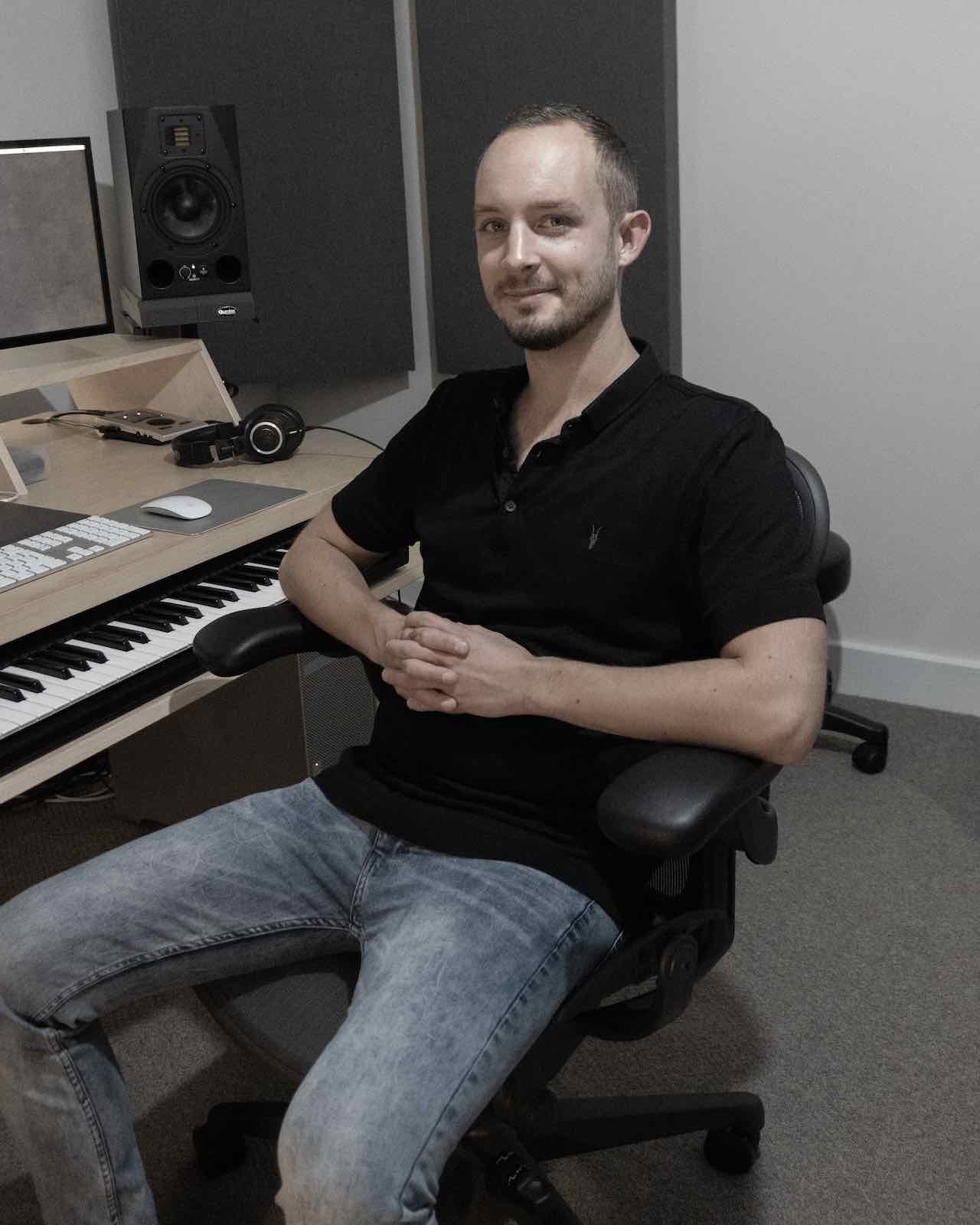
—
Sam Wale is vice president, creative production at ALIBI Music Library, a leading provider of music and sound effects for license in advertising, trailers, promos, programming, video games, and all other forms of multimedia content. Based in London, he manages ALIBI’s production team, furthering the growth and expansion of the company’s music and sound effects catalog.
Wale works closely with carefully selected composers to create exceptional music in all genres for commercials, TV, promos and movie trailers. A credited composer himself, he taps an extensive background and keen vision while overseeing the production of every album from concept stage to mastering and final release.







